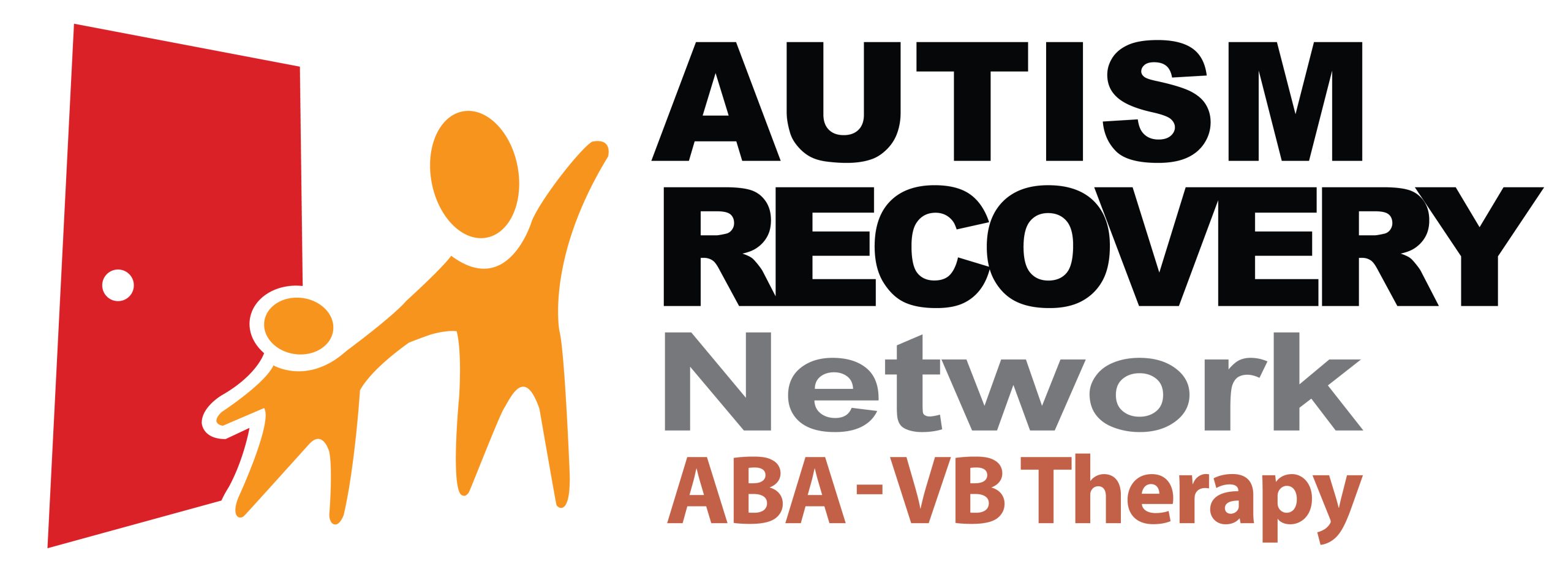For 22 years, Mr Steve Tee had no problems seeing clearly.
But that changed in 2004 when he was diagnosed with retinitis pigmentosa, a rare disease which starts with partial loss of vision and eventually leads to total or near-total blindness.
“It started with night blindness,” the 36-year-old told The Straits Times. “As time passed, my visual field slowly narrowed to a tunnel.”
By age 23, Mr Tee could no longer indulge in his favourite sports: track and field, football and cycling.
But an epiphany some time in 2004 got him out of his funk.
“While walking in the rain, I realised that if you are hungry, you will find ways to get food. Likewise, if you are faced with a problem, you should find a way to overcome it,” he said.
His never-say-die attitude led him to pursue a distance learning course and by end-2008, he got a double-major degree in computer security and networking. Eight months later, landed his first job as a call centre supervisor.
In March last year, he joined the national para-cycling team as a tandem cyclist and won a bronze medal in the men’s 24.6km individual time trial event at the Asean Para Games in September.
Today, he uses his adversity to inspire and motivate.
His story shines bright with those of five others under the banner of Glow in the Dark, a social enterprise that offers workshops and motivational talks – conducted wholly by people with disabilities (PWDs) – to schools and companies.
Started by three Nanyang Technological University (NTU) students, two of whom have since left, in 2015, it aims to help the visually handicapped carve out a career in public speaking.
The company has since held more than 30 workshops that were attended by 3,200 people.
This year, Glow in the Dark hired its first non-visually handicapped trainer, Mr Sim Kang Wei, in a bid to include other PWDs. The 28-year-old suffers from cerebral palsy, which impairs muscle control.
The enterprise now has six active trainers who are readily available to run a workshop.
Co-founder Jared Sia said many PWDs have a flair for public speaking. “They have been through so much adversity. This shows in their stories, when they share about how life is like being blind or having other disabilities,” he added.
Mr Sia, 27, who works full-time as a commodity analyst at a bank, believes PWDs lack opportunities, not talent.
A National Council of Social Service report in 2016 said that PWDs form only 0.1 per cent of the private-sector workforce.
But it was the suicide of an autistic friend four years ago that prompted Mr Sia to start Glow in the Dark.
“He had faced continual bullying at work and on social media. I was one of his few friends and felt I could have done more,” he said.
It started as a project in 2014 between Mr Sia and two of his NTU friends, and the Singapore Association of the Visually Handicapped (SAVH). The aim was to create a social enterprise that employs largely visually-handicapped people
The three-man team put out a total of $5,000 of their own money to hire SAVH trainers and pay for other expenses.
In March 2015, Glow in the Dark held its first workshop.
Ten months later, it received $25,000 in start-up funds from consulting firm Accenture before its official launch in January 2016.
The social enterprise, which is not part of SAVH, stays in the black by charging for its workshops and talks. It has a website and Facebook page where clients can directly engage its services.
Each workshop is run by three to four trainers, with newer additions taking on smaller roles, like demonstrating how to lead a blind person from point A to B, before they move on to play a lead role by giving talks.
The company spends about $1,000 on each trainer to hone their public speaking skills before their first workshop.
The onus of keeping Glow in the Dark running falls on Mr Sia’s shoulders, although a part-time team of eight carries out operations such as marketing and recruitment.
He credits his trainers for motivating him to spend his weekends on the social enterprise.
“Most of them have more vision and sense of purpose than many able-bodied people,” Mr Sia said.
He singled out Mr Sim who, with his stilted gait and need for crutches due to cerebral palsy, was an easy target for bullies when young. Having his school uniform soiled and being beaten were a regular part of his growing-up years.
Mr Sim joined Glow in the Dark last month to “use that pain to connect with youth and adults”.
An advocate of disability education awareness in schools, he acknowledges that Singapore has made huge strides in opening people’s eyes especially to special-needs children.
He said: “About 20 years ago, disability awareness was very low. We had to find our own way to survive. Now, there is more support for us.”
But there is still a ways to go.
Only five in 10 parents polled, in a 2016 survey commissioned by the Lien Foundation, were comfortable with a special-needs child sitting next to their own.
“Inclusion does not equal integration,” Mr Sim noted.
People gravitate towards those who are like them, said Mr Sia, who believes increased interaction with PWDs is key to resolving the issue.
Hence, Glow in the Dark has set itself the long-term goal of holding talks and workshops at every Singapore school.
“Hiring PWDs or including them in schools is just the first step… It really boils down to the heart and the values of every person in the workplace and school.
“We have a long way to go but I am optimistic,” Mr Sia said.
Link to original article: http://www.straitstimes.com/singapore/public-speaking-firm-hires-only-trainers-with-disabilities

